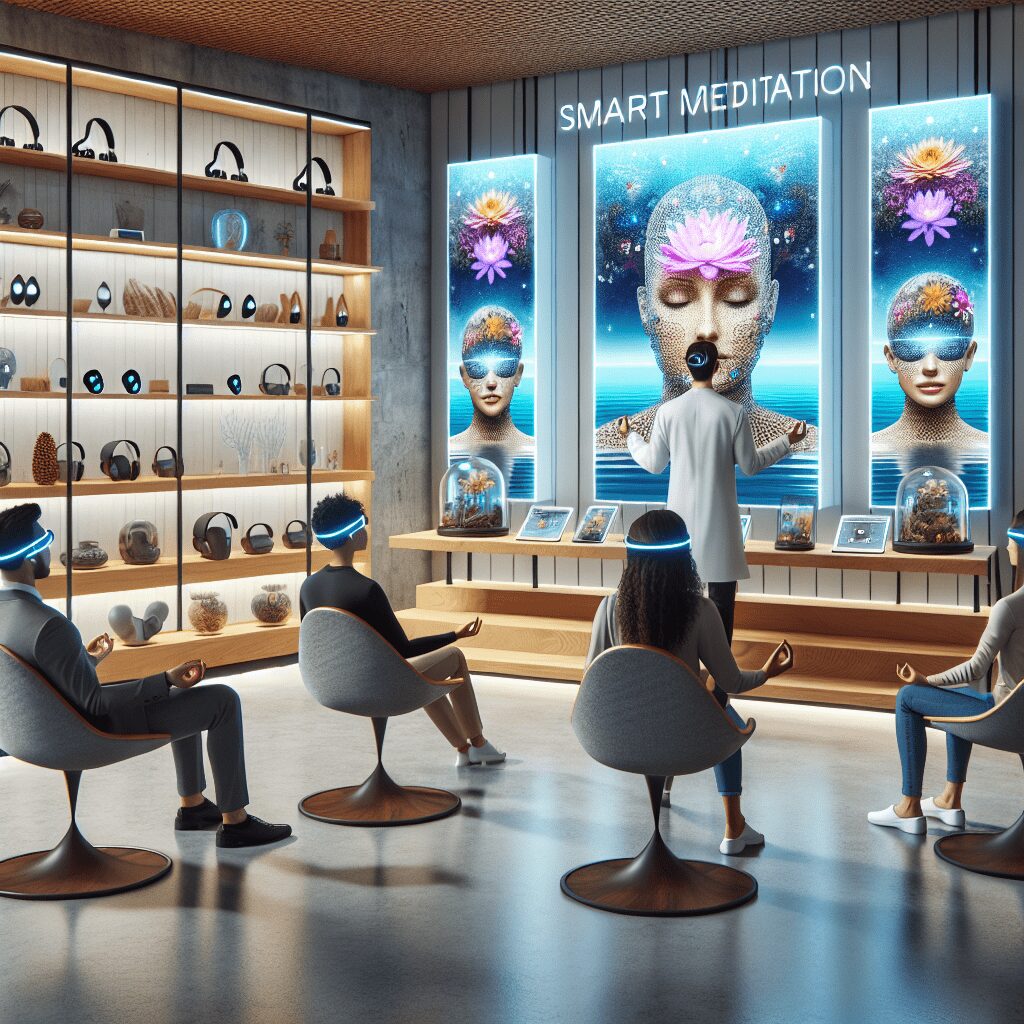
Prioritize your mental well-being daily. Enhance your life by nurturing your mental health with the Smart Meditation app. Break free from stress, alleviate anxiety, and enhance your sleep quality starting today.
Can Anxiety Make You Feel Disconnected?
Unraveling the Enigma: How Anxiety Plays Mind Games
Living with anxiety is akin to riding a relentless emotional rollercoaster. Just when you think you’ve got a grip, it throws another loop in the mix, making you question the very fabric of your reality. Among its myriad masks, one of the least talked about yet profoundly disorienting is the sense of disconnection or, as the experts dub it, depersonalization. But what’s the deal with this eerie feeling? Can anxiety really make you feel as if you’re watching your life play out from the sidelines? Let’s dive into the heart of the matter.
The Invisible Threads of Disconnection
Anxiety, in its essence, is a chameleon, adept at changing its colors to match the backdrop of our fears and uncertainties. When it weaves its web around your mind, it can indeed lead to a peculiar sense of disconnection from oneself and the surrounding world. But how, you ask? Here’s the lowdown:
- The Mechanism of Depersonalization: At its core, depersonalization is a coping mechanism. It’s your brain’s attempt at hitting the emotional brakes when the anxiety gets too intense. Think of it as pulling the emergency cord on a train – a sudden, jarring halt to your emotional responses.
- Brain Over Body: Anxiety has a knack for putting your brain into overdrive, sending your thoughts into a frenzied whirlwind. In this chaos, your brain might decide to “check out” temporarily, leading to that disconnected, out-of-body experience.
- The Protective Bubble: In many cases, this feeling of disconnection is your psyche’s way of throwing up a protective bubble around you, cushioning you from the full impact of anxiety or stress. It’s akin to watching a scary movie with one eye closed – you’re there, but not quite.
Navigating Through the Fog: Strategies for Reconnection
Now that we’ve pulled back the curtain on this mind-bending phenomenon, you’re probably wondering how to navigate your way back to a sense of connection. Fear not; here are a few strategies to tie those invisible threads back together:
- Mindfulness and Meditation: Engaging in mindfulness practices can help ground you in the present moment, sewing the seeds of reconnection with your immediate experiences.
- Engage Your Senses: Simple activities that engage your senses, like savoring the aroma of your morning coffee or feeling the texture of a soft blanket, can help pull you back into the here and now.
- Seek Professional Insight: If the sense of disconnection is overwhelming, reaching out to a therapist can provide the tools and perspective needed to untangle the web of anxiety and find your way back to yourself.
In the complex dance of mental health, feeling disconnected can be a disconcerting experience, leaving you feeling like a ghost in your own life. Yet, by understanding the root of this phenomenon and adopting strategies to foster reconnection, you can reclaim your sense of presence, stitch by stitch. Remember, the journey back to oneself is not a sprint but a marathon – one that begins with a single, mindful step.





